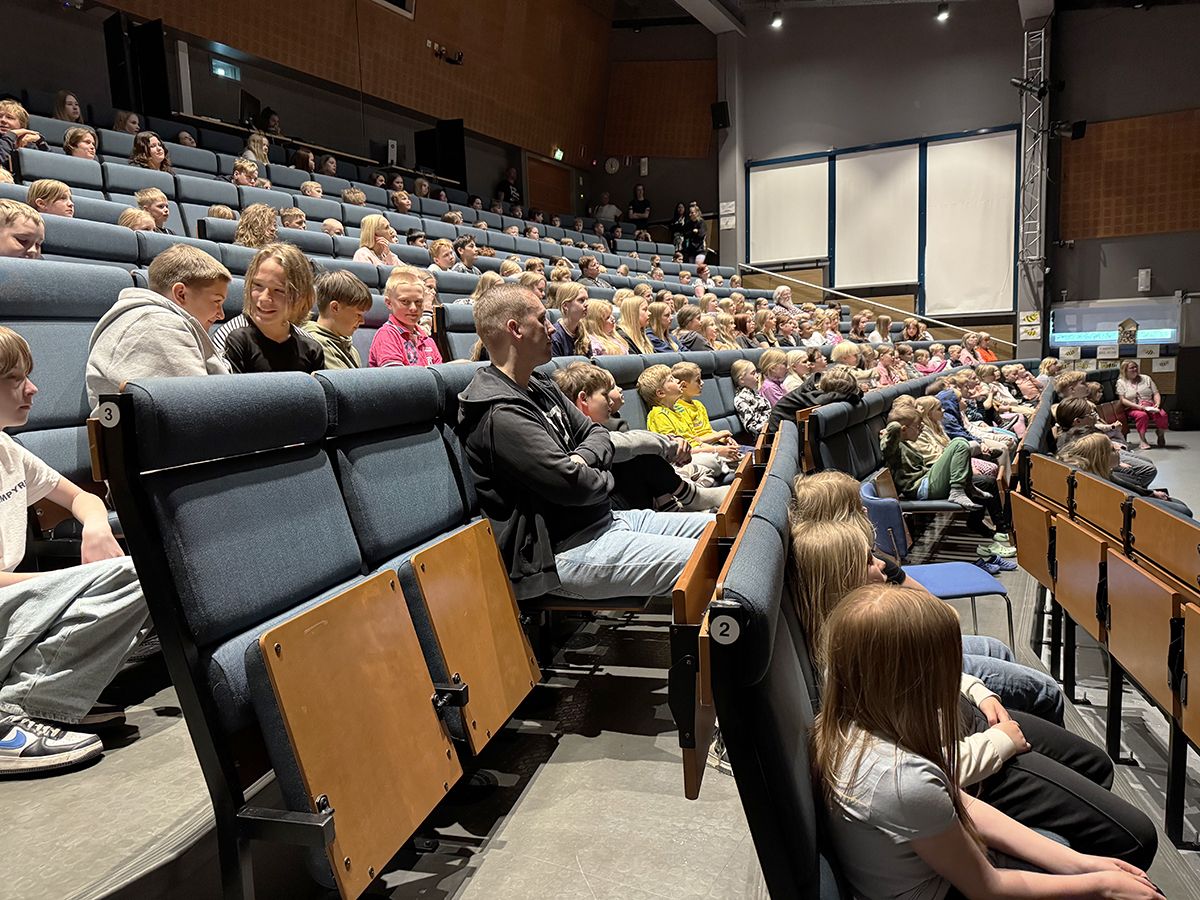NEWS
Can We Prevent Bee Extinction? Finding Solutions with the Future Innovators
28 May 2025
Losing honeybees would have serious consequences for ecosystems, agriculture, and food production. Therefore, our question to 6th-grade students was: Can we prevent bee extinction? By using Google, the answer from students was: Yes! Steps to help bees include reducing pesticide use, protecting wild habitats, planting more bee-friendly flowers and supporting local beekeepers. We chose sixth-grade students for this project because educating children creates long-lasting impact. Their natural curiosity, eagerness to learn through hands-on experiences, and ability to influence adults make them ideal participants. Moreover, bees offer an engaging and accessible introduction to broader environmental issues.
The Häme University of Applied Sciences (HAMK) “Save the Bees” project began in August 2024, involving 26 sixth-grade students from a Finnish primary school. We started by deepening our understanding of the topic. Throughout the school year, students built bee and pollinator hotels and reached out to the city’s gardener for an interview, asking how the city supports bees and pollinators. The students also submitted a request to the city, asking that not all the grass in public parks be mowed, since bees rely on flowers for food. One highlight of the project was a visit from a local beekeeper, who gave an engaging lecture and even brought live bees to the classroom. To spread awareness, students conducted surveys with other grades and shared one or two helpful tips about bees.
The project concluded on 20 May 2025 – World Bee Day – when 420 students gathered in the school auditorium. During this event, we watched 30-minute educational segments about bees provided by the Finnish National Broadcasting Company (YLE). The project also received recognition in the local newspaper Nokian Uutiset.
Our feedback on this project from the students was overwhelmingly positive. They enjoyed taking part in something tangible, appreciating how even small actions can have a significant impact. Primary school teachers also welcomed the initiative, valuing the fresh perspective it brought and how it helped bridge the gap between primary education and more advanced learning.
The Honeybee challenge was part of the RUN-EU Future Innovators Labs (FILS) activities. FILS aims to systematically promote STEAM (Science, Technology, Engineering, Art, Math) activities, opportunities and careers among young people aged 6–17 years across all the RUN-EU regions.
